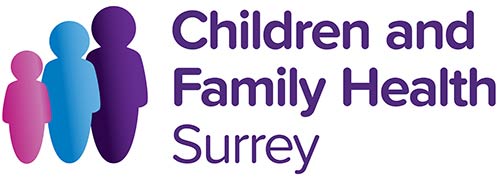Surrey and Borders Partnership NHS Foundation Trust’s eating disorders service for children and young people, which offers a range of therapies and treatments including working with families; individual therapy; a body image group and coping skills groups, received 202 referrals in 2017, compared to 134 in 2015 - an increase of around 50%.
Despite this significant referral increase, due to an enhanced care pathway launched by the service in 2015, the number of children and young people requiring hospital treatment due to an eating disorder fell for the third consecutive year: from 33 in 2015 to 20 in 2017.
Suzanne Cole, Manager of the Surrey and Borders Partnership’s Children’s Eating Disorder Services, said: “As a service we now accept referrals from all professionals, as well as self-referrals from young people and their families. We also expanded the service’s access criteria to include Binge Eating Disorders in 2016, and as a result referrals to our service have gone up. The enhanced pathway was introduced specifically to prevent hospital admissions, and involves a daily visit or phone call with the young person, supported home meals, weekly weigh-in sessions and weekly physical monitoring.
“Evidence shows that treating young people in the community is more effective than hospital care; so as a team we have dedicated a lot of resources towards supporting people to remain at home with their families.”
Surrey and Borders Partnership’s eating disorder services specialise in assessing and treating children, young people and adults with eating disorders including Anorexia Nervosa, Bulimia Nervosa, ARFID (Avoidant/Restrictive Food Intake Disorder) and Binge Eating Disorder.
The service is one of the few in the country that consistently assesses all routine referrals within 15 days, and urgent referrals within five days.
Suzanne Cole continues: “Eating disorders have the highest mortality rate of all mental health problems, so anyone who suspects an eating disorder should take action early. A visit to the GP is usually the best first step, as they are an invaluable source of support and resources and able to facilitate a referral.”
How to access the service
If you are concerned about yours or someone else’s eating habits, we recommend speaking to a GP or education professional in the first instance.
Additionally, the service is able to accept self-referrals either directly from the young person or parent/carer.

